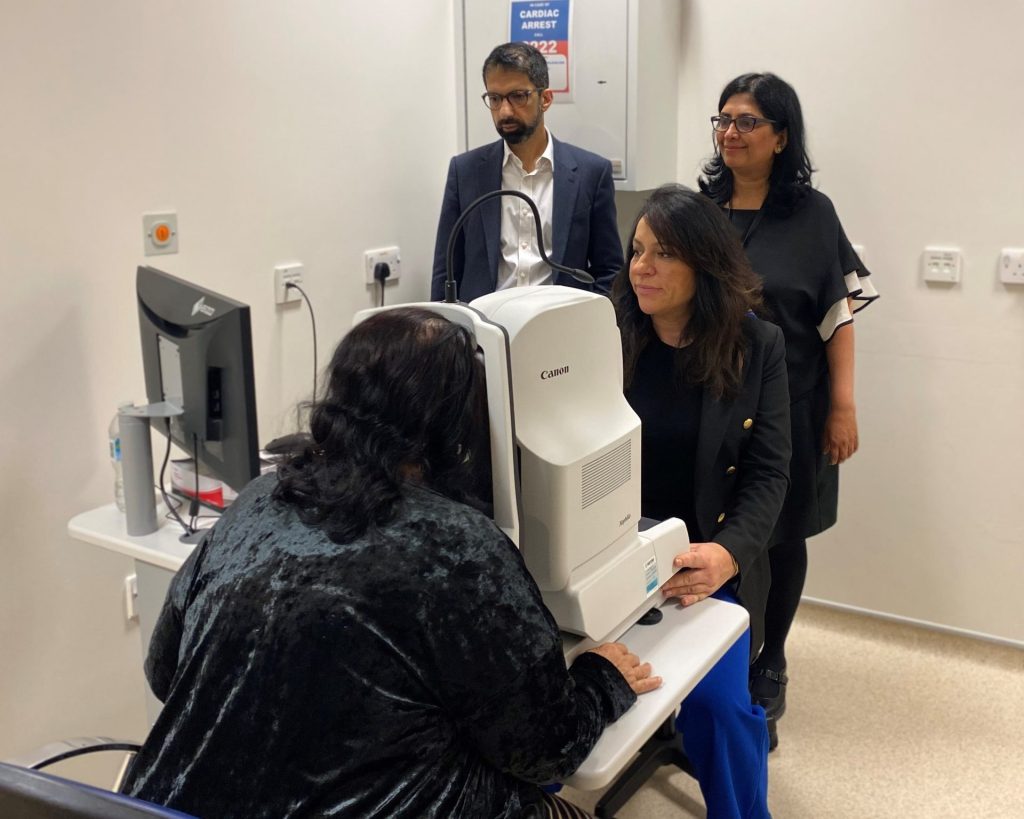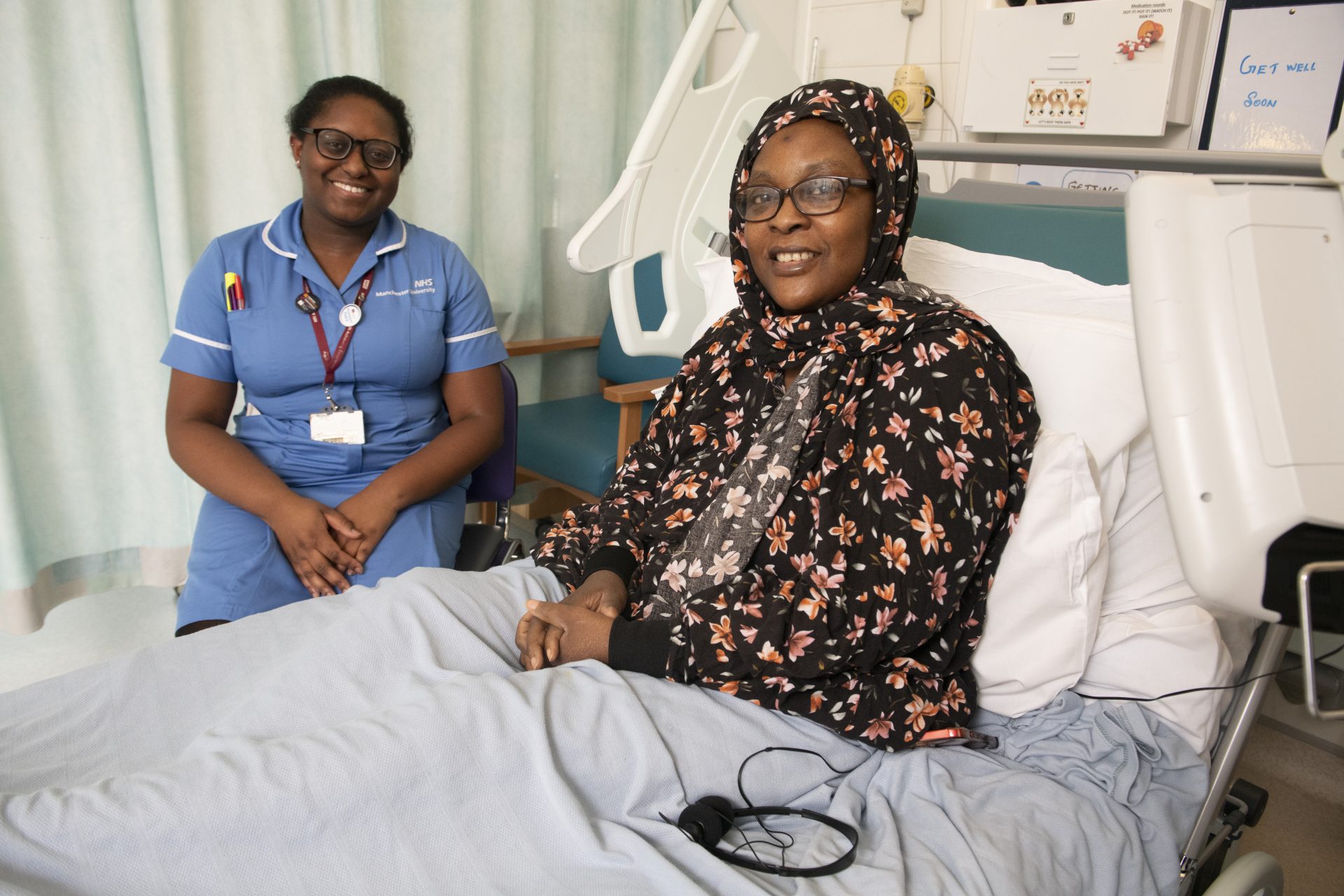
Manchester Foundation Trust Charity
Our Impact
The Difference We Make
Our family of hospitals depend on charitable support, and every day our supporters help us to make a difference for our patients, young and old.
Discover the impact we make with your help and support.
Featured Stories
What We’ve Funded
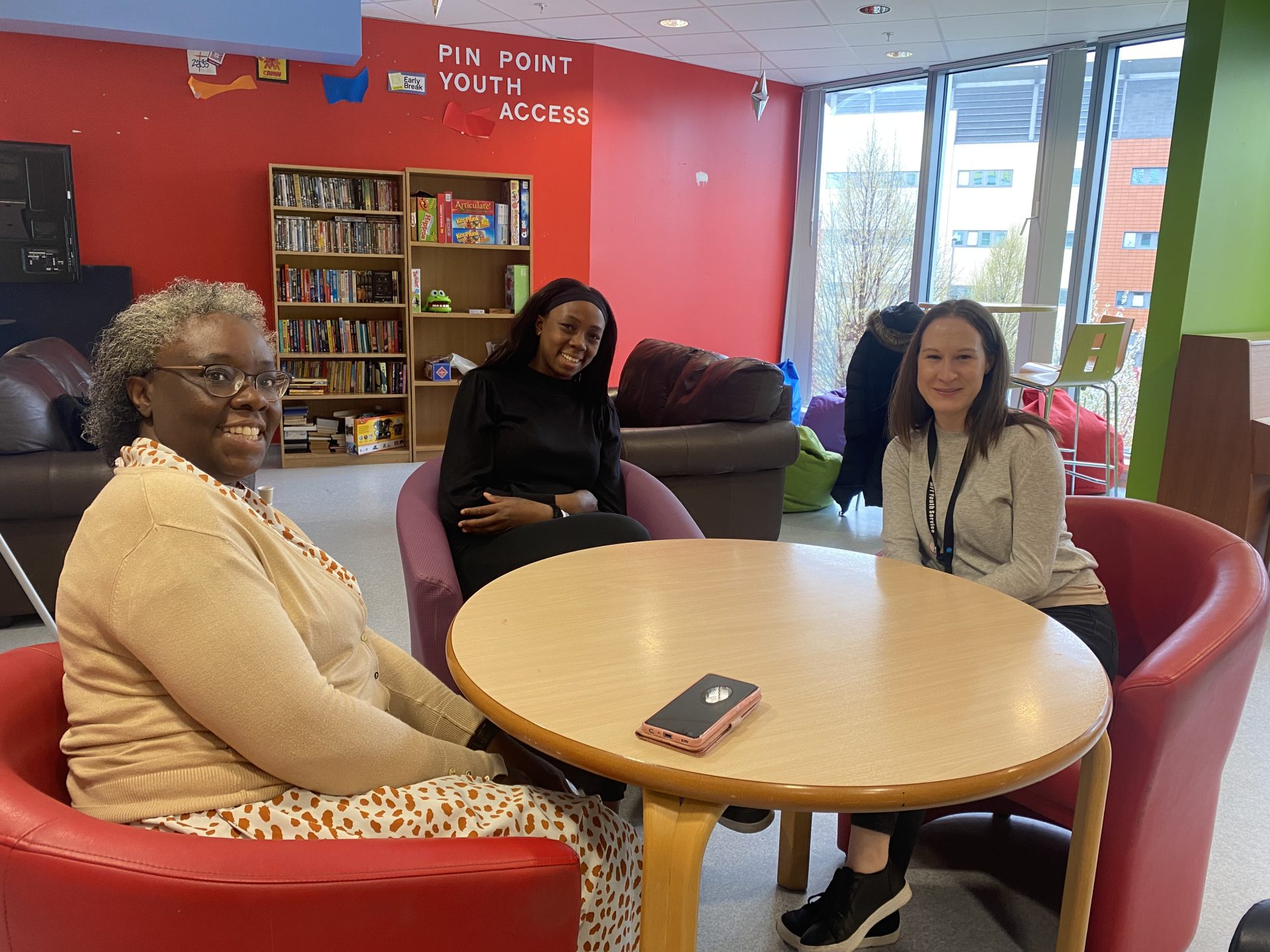
– Nic Rigby, Senior Youth Worker
Youth Service
Our pioneering Youth Service is one of just three of its kind in the UK within an NHS children’s hospital. The service, which supports young people with long term health conditions transition into adult care, is funded by our Charity.
– Nic Rigby, Senior Youth Worker
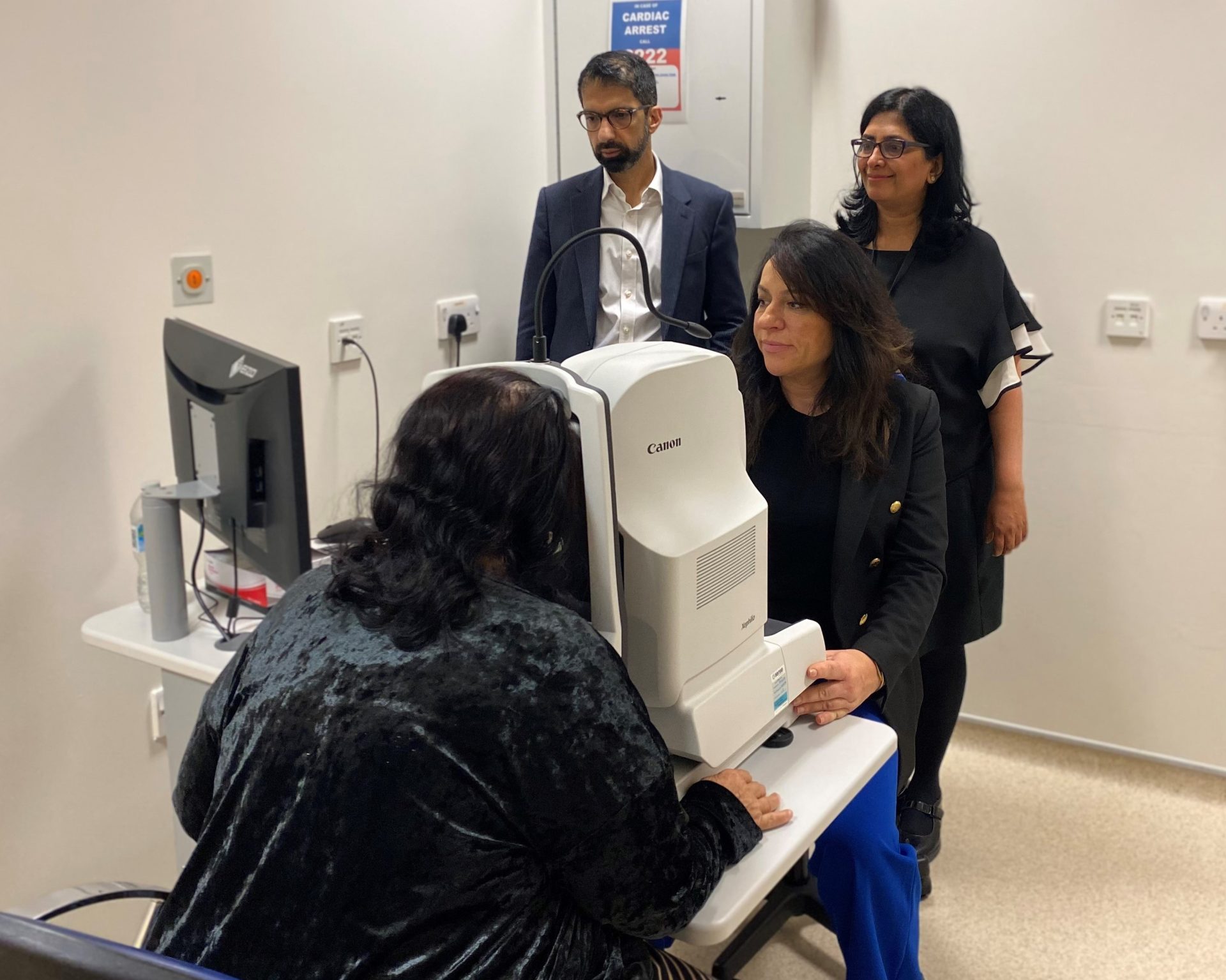
OCT A Eye Scanner
In 2023 Manchester Royal Eye Hospital became the first in the UK to use a new eye scanner in a patient setting. Thanks to charitable support, the new Widefield OCT A machine means many of our patients are able to receive a more immediate and non-invasive scan.
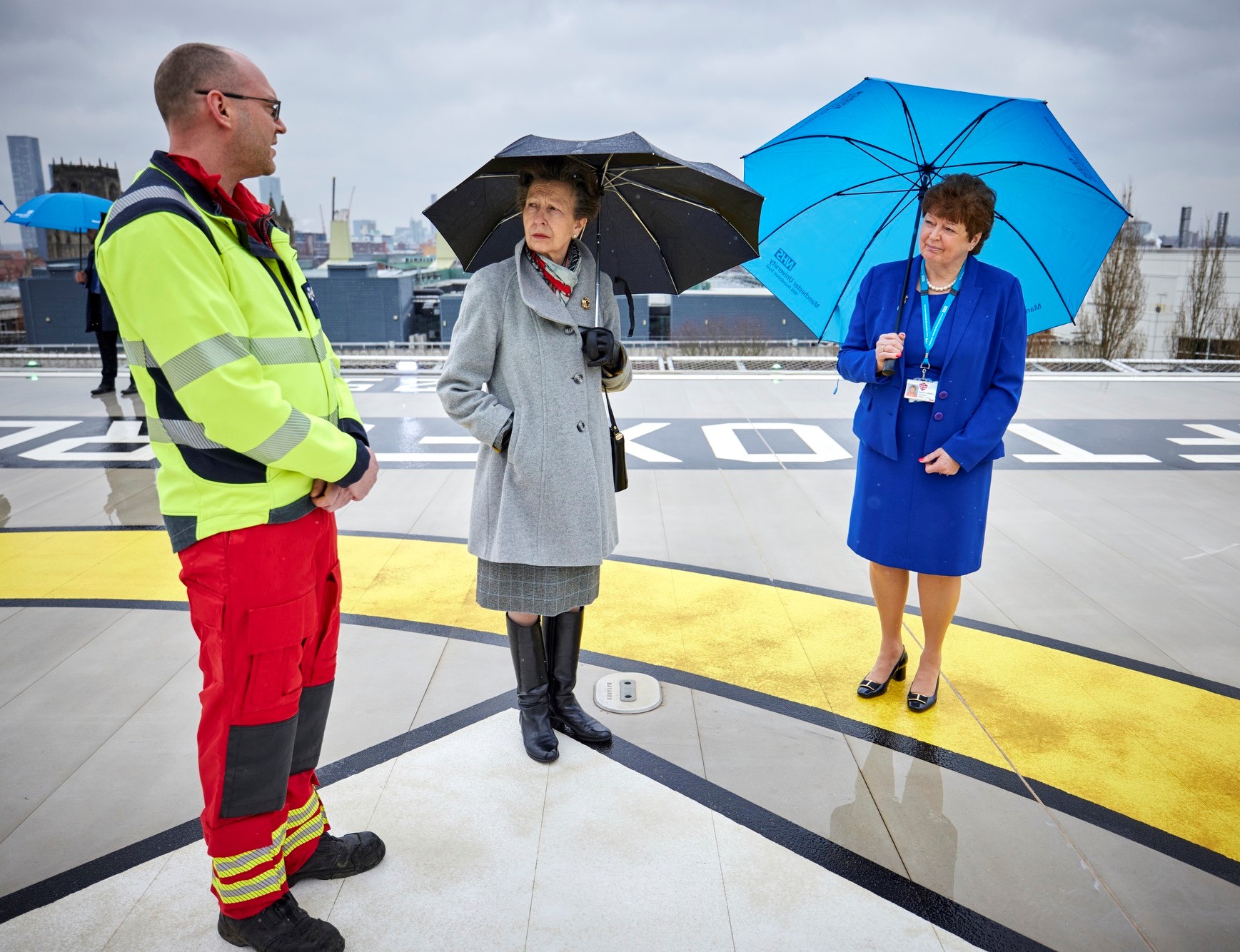
Oxford Road Campus Helipad
In May 2021, thanks to generous supporters of our Times Saves Lives Appeal, our lifesaving helipad opened at our Oxford Road site. The helipad – the first elevated landing pad of its kind in the North West – will enable critically ill or injured babies, children and adults to be airlifted straight to our city centre hospitals.
Who We’ve Helped
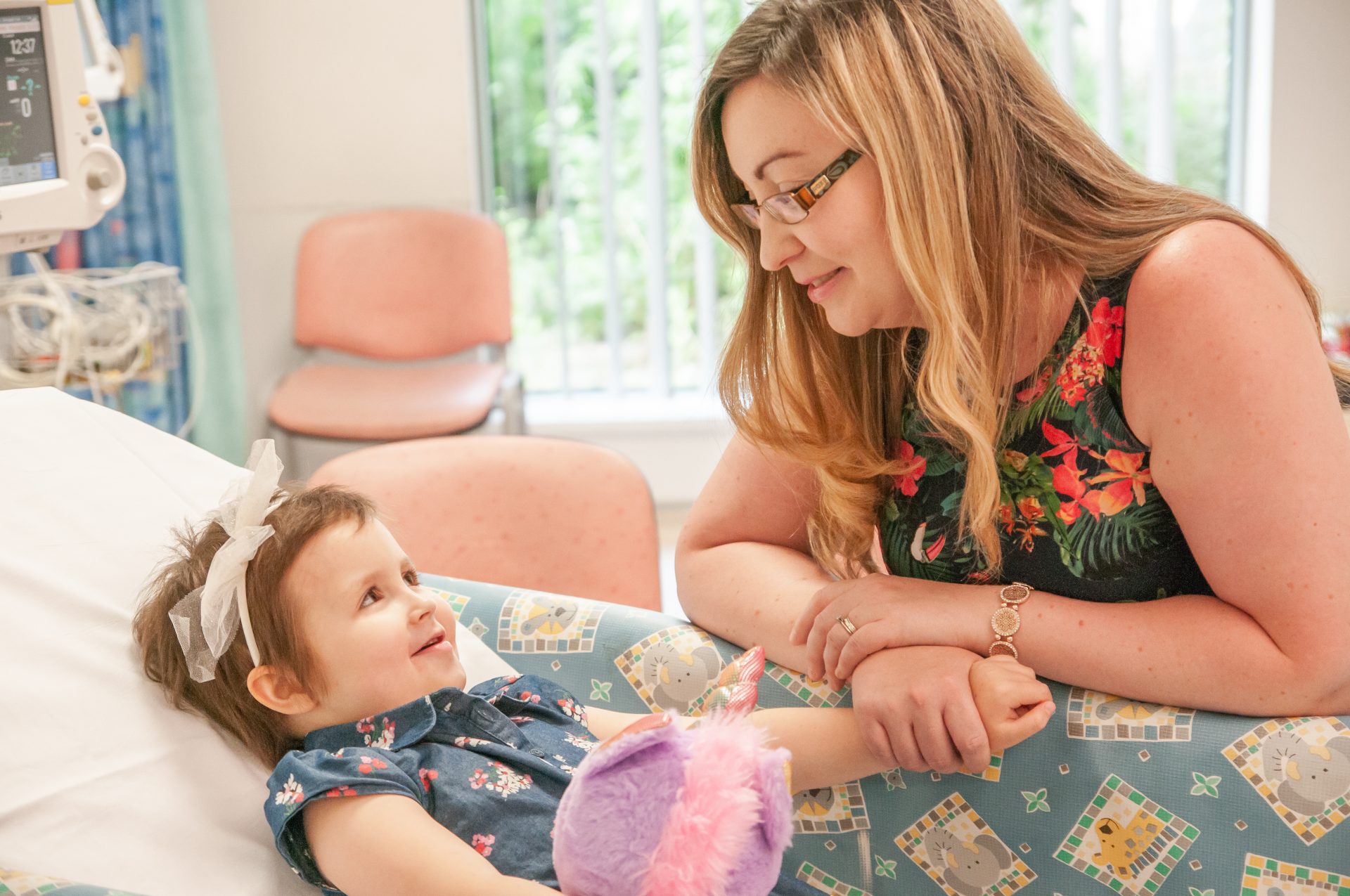
– Charlene, Ava’s Mum
Ava LeBlanc
At just two years old, Ava was diagnosed with a cancerous brain tumour. She underwent gruelling treatments and surgery after surgery, but the tumour kept growing back. Ava will remain a long-term patient at our children’s hospital, but we can help to improve the experience for patients like her with new specialist iMRI equipment.
– Charlene, Ava’s Mum
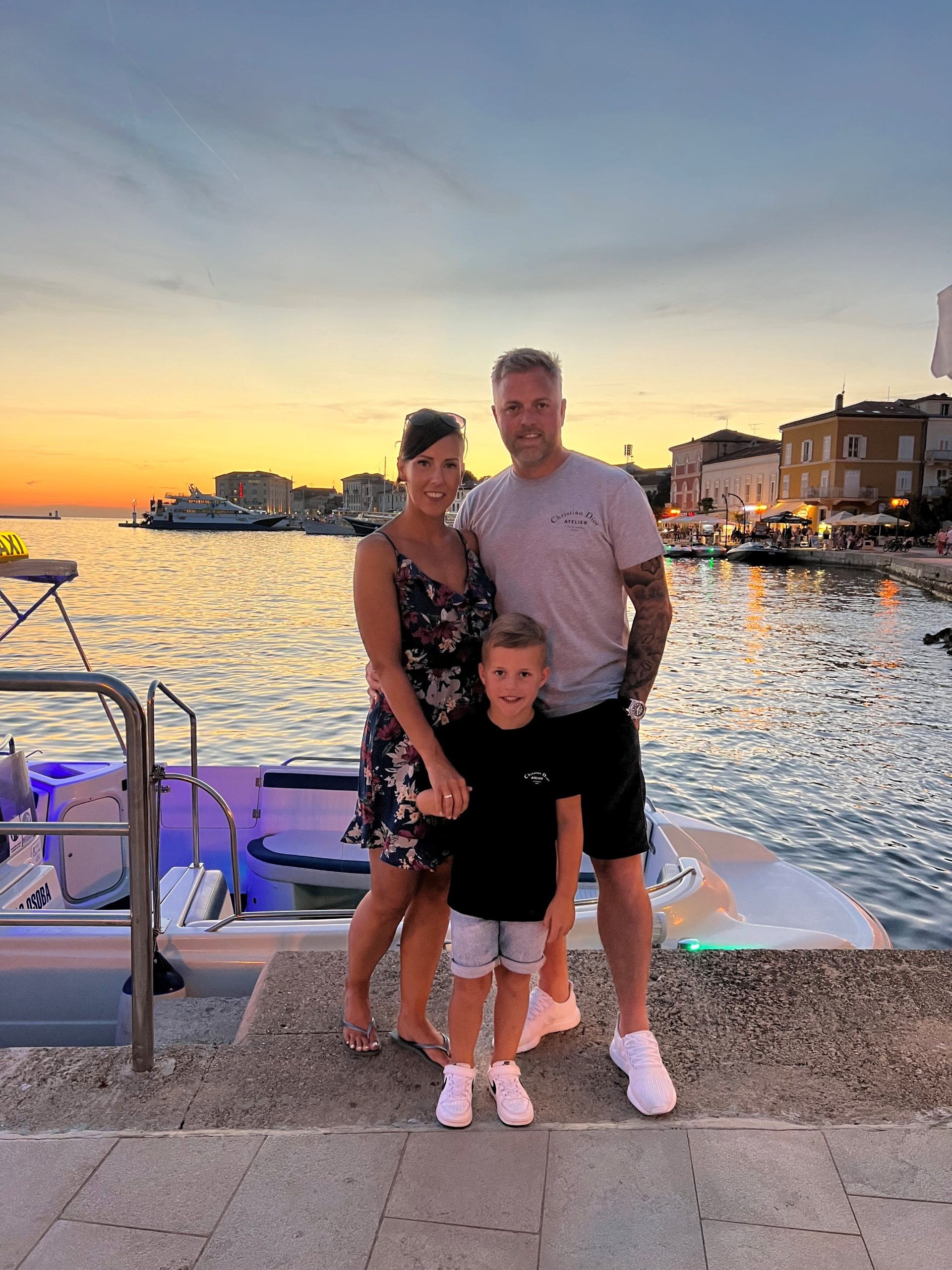
Danny Grimshaw
Marathon-runner, gym-goer Danny never thought that he’d be victim to a heart condition. At the age of forty-one, his life was flipped upside down with a life-altering diagnosis that required him to undergo a triple heart bypass. Wythenshawe Hospital’s doctors and nurses on the Coronary Care Unit went above and beyond for Danny, providing the highest level of care from the day of his diagnosis to the day he went back home to his family.
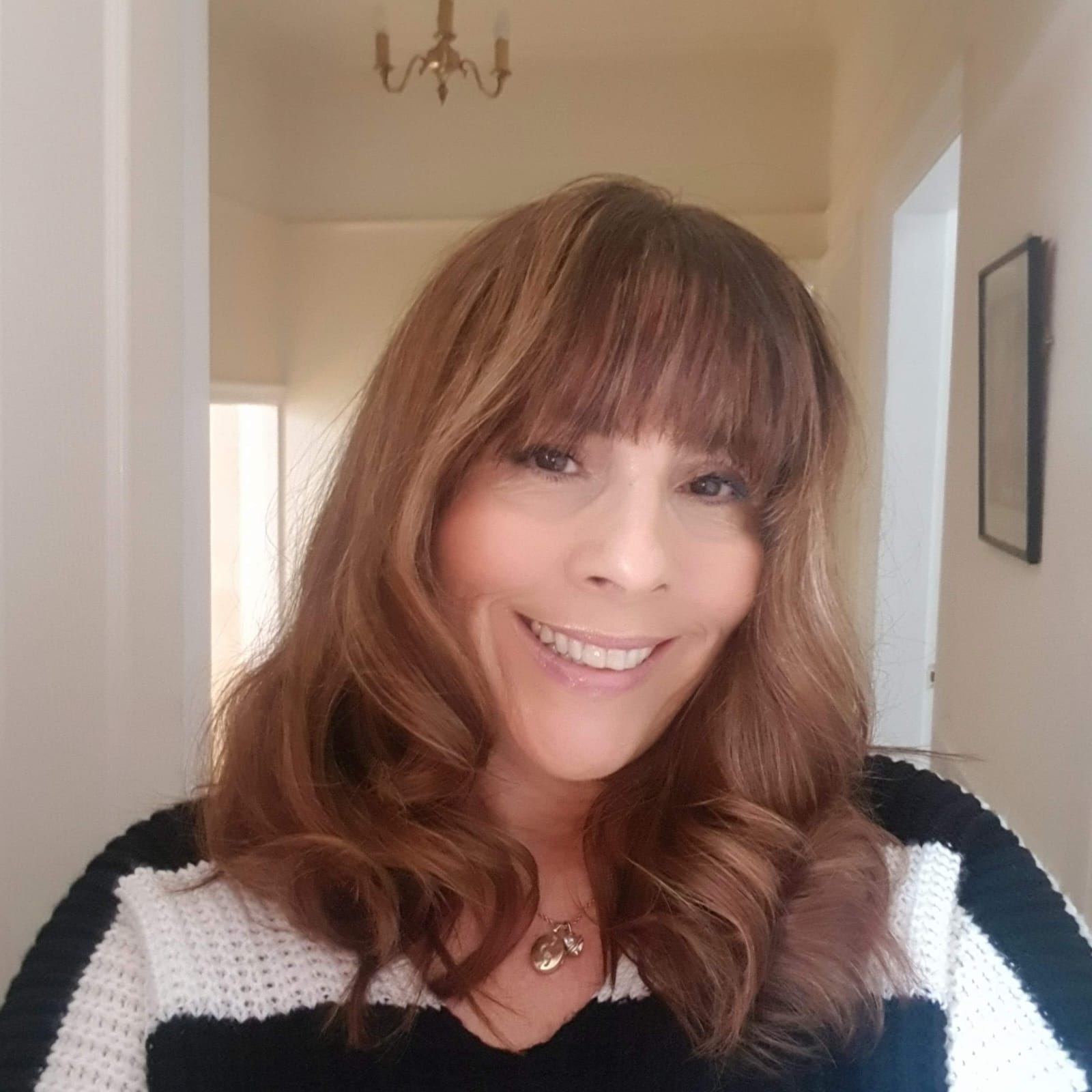
Jo Walton
When fifty-four-year-old Jo’s flu-like symptoms turned into a rare immune condition, she was shocked. After being urgently transferred into hospital, Jo found herself critically ill in an unfamiliar environment. Distressed and frightened, Jo found comfort and safety in the expert staff team at Manchester Royal Infirmary who went above and beyond for her during the entirety of her hospital stay.
How You Help
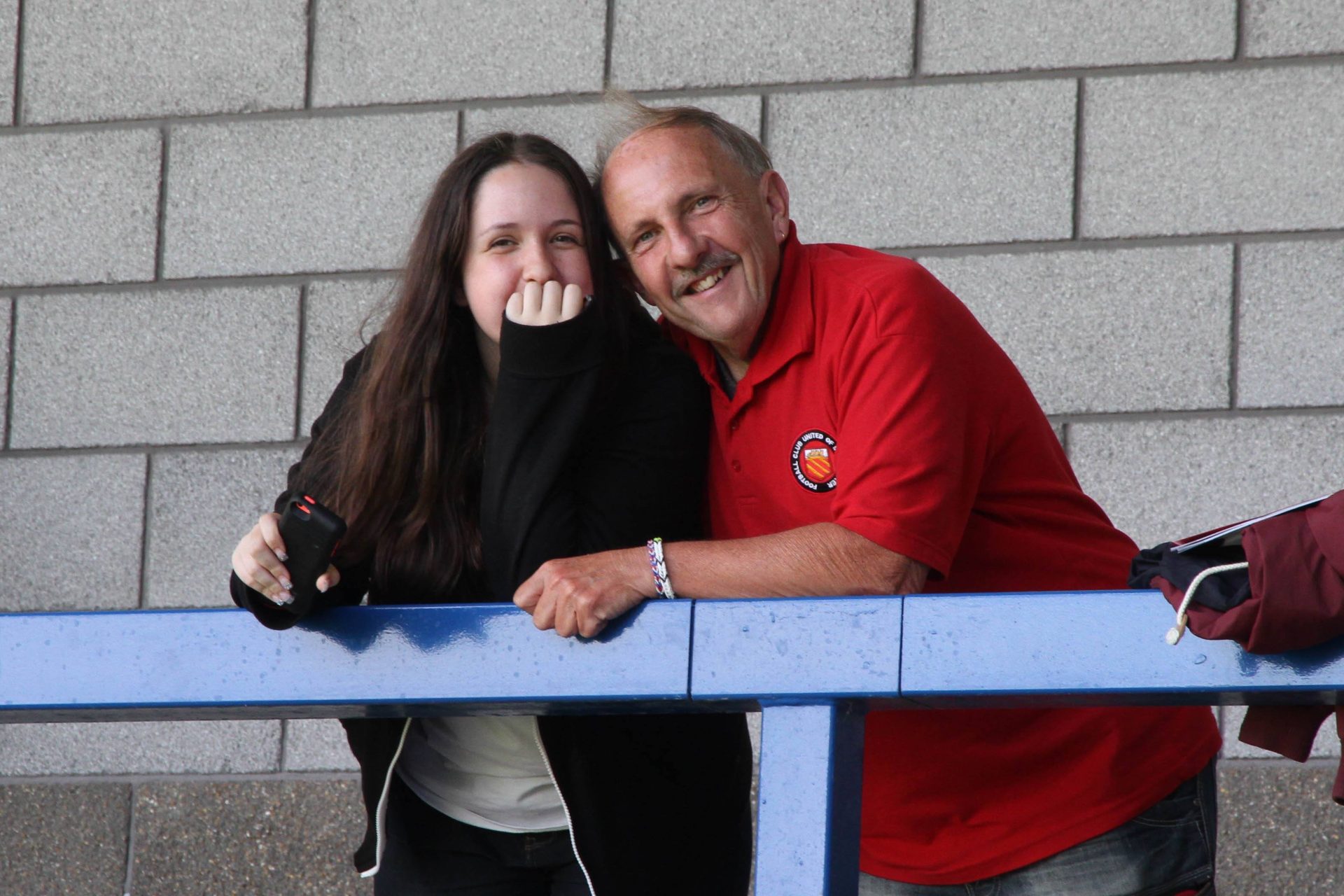
– Bethany
Bethany Lee
Bethany, 20, was in car accident with her family where she had broken both her femurs and needed several surgeries for internal injuries. Now, 25 and having learned to walk again, Bethany works at Saint Mary’s Hospital and has supported our Charity.
– Bethany

Hughie and Freddie
At 10 years old, Hughie Higginson started experiencing aches and pains in his chest and back. A few weeks and blood tests later, he was diagnosed with leukaemia. Now, 13, he and his best friend Freddie are some of our top fundraisers and Hughie is cancer free!
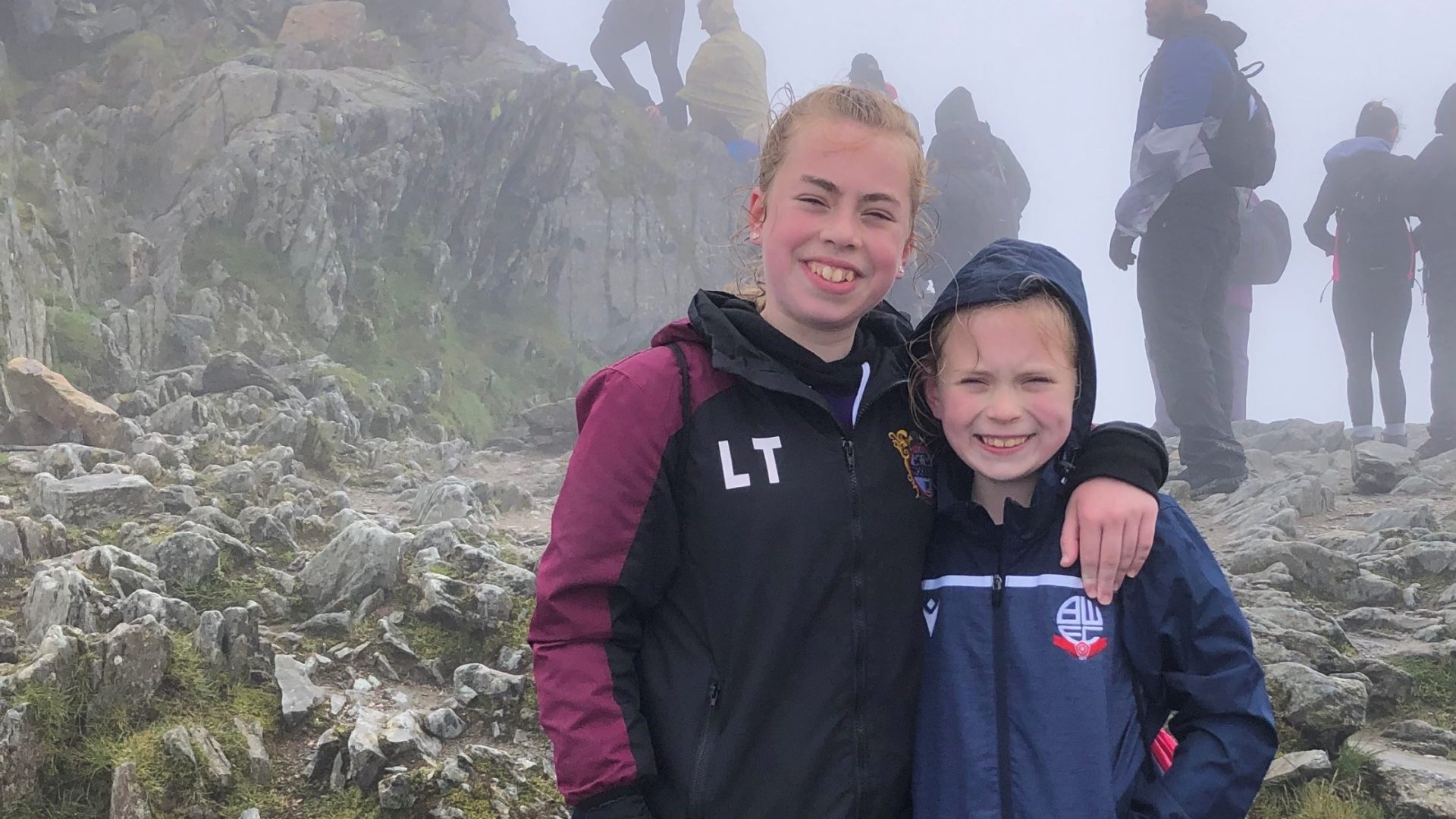
Lily Tyson
For fifteen-year-old Lily, life with two rare conditions has its challenges. Since beginning her treatment at our family of hospitals in 2020, first for Turner Syndrome and then for uveitis two years later, she has set out on a mission to raise funds for our Charity and give back to the wonderful staff team at Manchester Royal Eye Hospital. Her fundraising journey is truly inspiring.
Stay in the loop
Let’s keep in touch! Sign up here to receive the latest news about charity events and projects, and how you can help, straight to your inbox.

